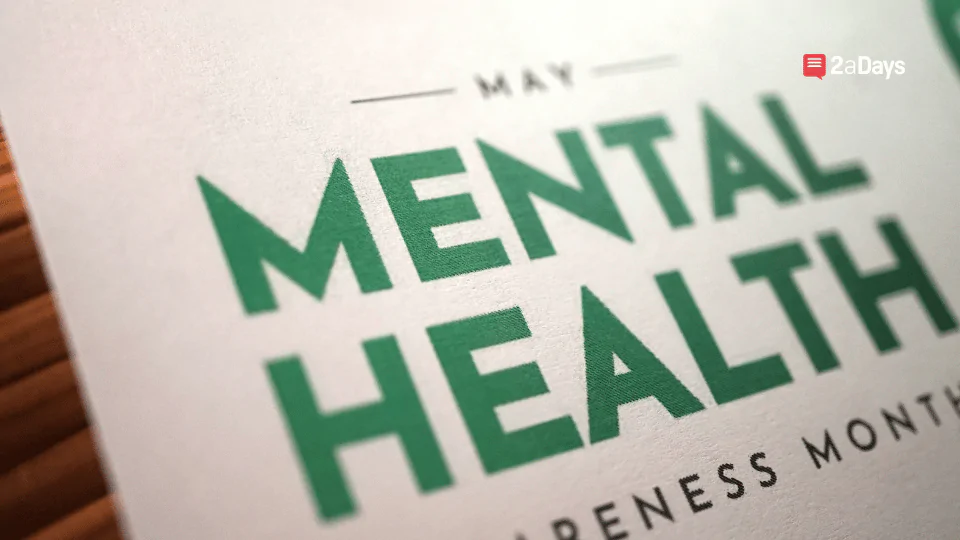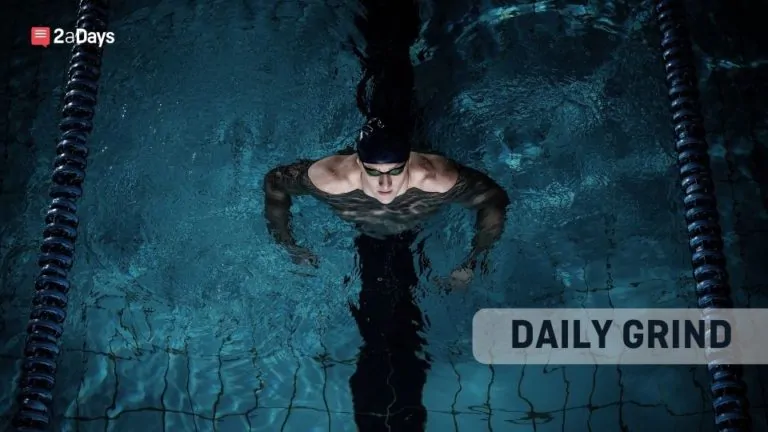Every year, the month of May is designated as Mental Health Month, and it presents an opportunity for individuals and organizations to raise awareness and promote understanding of the importance of mental health. This month is particularly significant for college athletes, who face unique challenges related to mental health.
During Mental Health Month, it is important to recognize and address the mental health challenges that college athletes face. By promoting awareness and understanding, we can reduce stigma and increase access to resources and support for college athletes who may be struggling with mental health issues.
Athletes are a High Risk Group…But Why?
Mental health is an integral aspect of our overall well-being, and it is essential to take care of it just as we do with our physical health. College athletes face unique challenges and stressors that can significantly impact their mental health and well-being. While they must balance rigorous academic schedules and maintain their physical fitness, they are also under immense pressure to perform at a high level in their sport. Mental health challenges are prevalent among college athletes, and they can manifest in various ways. According to a study published in the Journal of Clinical Sport Psychology, approximately 30% of college athletes experience symptoms of depression, anxiety, or other mental health issues. These challenges can significantly impact their academic and athletic performance, as well as their overall quality of life. Mental health challenges, such as anxiety and depression, can negatively affect their athletic performance and academic success.
Related: Mental Health Matters: NBA Star Demar DeRozan's Mental Health Journey
In recognition of Mental Health Month, we will explore the importance of mental health for college athletes, why it matters more than you think, and what can be done to support their mental health and well-being. First, here are three reasons college athletes are at a high risk for developing mental health issues.
1. The Pressure to Perform and its Consequences
College athletes are under intense pressure to perform both academically and athletically. They must balance the demands of a rigorous academic schedule with the rigorous training and competition schedules of their sport. The pressure to excel can lead to anxiety, depression, and other mental health challenges that can affect their ability to perform at their best. Mental health challenges can also lead to a lack of motivation, difficulty concentrating, and a lack of interest in activities that were previously enjoyable. All of these factors can impact their overall performance, both on and off the field.
Related: Stressed Out? How to Talk to Your Coach About Mental Health
2. Stressors Faced by College Athletes
College athletes also face a range of other stressors that can negatively impact their mental health. Injuries, surgeries, and recovery can all be physically and emotionally challenging for athletes. Additionally, the physical demands of their sport can be exhausting, leading to fatigue, burnout, and stress. College athletes who are away from home may experience feelings of homesickness and isolation, which can have a negative impact on their mental health. The transition to college life can be challenging, especially for student-athletes who are adjusting to the demands of their sport while also managing academic responsibilities. Being away from family, friends, and the familiarity of home can intensify feelings of loneliness and isolation, leading to anxiety, depression, and other mental health challenges.
3. The Impact of Mental Health Challenges
The impact of mental health challenges on college athletes can be significant. For example, depression can lead to a lack of motivation and difficulty concentrating, which can impact academic performance. Anxiety can lead to physical symptoms like increased heart rate, shortness of breath, and sweating, which can impact athletic performance. These challenges can also lead to sleep disturbances, which can negatively impact both academic and athletic performance. In some cases, mental health challenges can even lead to substance abuse and self-harm.
Related: Reimagining Mental Health and Wellness in College Athletics: Experts and Athletes Weigh in
Supporting the Mental Health of College Athletes
Colleges and universities must prioritize the mental health of their college athletes. This includes providing access to mental health resources, such as counseling and therapy services, as well as creating a supportive and inclusive environment that encourages athletes to seek help when needed. Most universities or colleges have a counseling center that provides mental health services and other support to students. These centers aim to assist students in resolving any issues that may impact their academic performance. Typically, information regarding counseling centers can be found on the institution's website, under student health services or student resources. Education and awareness campaigns can help reduce the stigma surrounding mental health challenges and encourage athletes to seek help when they need it. Additionally, coaches and athletic trainers can receive training on mental health awareness and how to support athletes who may be struggling.
Incorporating mental health screenings into pre-participation physical exams can also help identify mental health challenges early on and provide athletes with the support they need before their performance and well-being are significantly impacted. It is essential to remember that mental health is not a one-size-fits-all issue. Different athletes may have different needs when it comes to mental health support. Therefore, it is essential to provide individualized care and support that is tailored to each athlete's unique needs.
The importance of mental health for college athletes cannot be overstated. The pressure to perform, demanding schedules, and physical demands of their sport can all contribute to mental health challenges that can impact their academic and athletic performance and overall quality of life. Colleges and universities must prioritize mental health for their athletes by providing access to resources, creating a supportive environment, and incorporating mental health screenings into pre-participation physical exams. By doing so, they can help ensure that their athletes are not only successful on the field or court but also in all aspects of their lives.
Have an idea for a story or a question you need answered? Email us at [email protected].
* Originally published on May 11, 2023, by Kelly Wick







